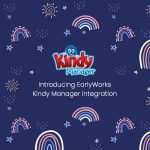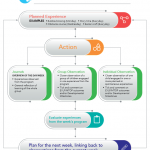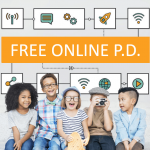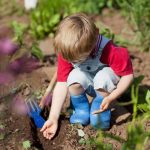Child’s voice in assessment
Arguably one of the biggest changes brought about by the NQS in 2012, was the inclusion of the child in the assessment process. Traditionally, educators would make an assessment pretty much based solely on their interpretation of observations. Since 2012, educators have been required to include children’s voices in assessment.
We now know that including children’s voices in assessment can be incredibly powerful. According to research on assessment and motivation “settings that encourage children to set and assess their own goals are rich sites for learning” (New Zealand Ministry of Education, Assessment for Learning: Early Childhood Exemplars). Those of us familiar with the work of Carol Dweck, Paul Black and Dylan Wiliam, will also know that there is evidence supporting the notion that children who are given opportunities to contribute to their assessments, learn more effectively.
So we know that including children in assessment is not just an ACECQA requirement, it is best practice. But, we also know that in the crazy busy world of early education and care, finding the time to listen to and acknowledge children’s voices isn’t always easy.
One time efficient way to include the voices of children in assessment is to consult the child in deciding what photos should be included in observations and journals. Educators can talk to the children about what they see happening in each of the photos. It is likely the children’s comments will provide valuable insight into children’s current knowledge, ideas, strengths, and interests. Children’s comments can then be included in EarlyWorks ‘voice of the child’ as well as the captions accompanying each photo.
Not only will including the voice of the child enhance our understanding of each child’s learning and development, it may also contribute to each child’s learning and development by supporting children in developing their autonomy and sense of agency (EYLF Outcome 1.2). And most importantly, by listening to our children, not only will our children become better learners, we might become better educators.







